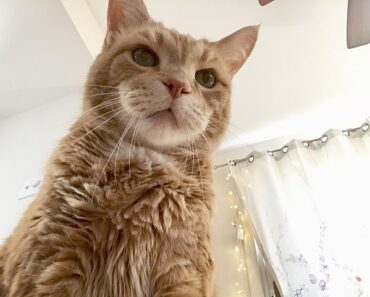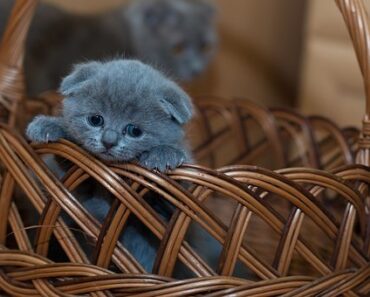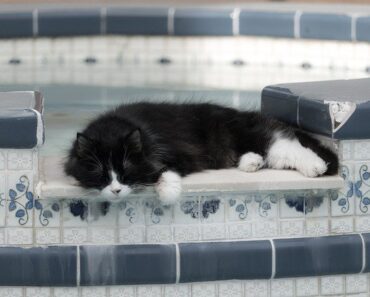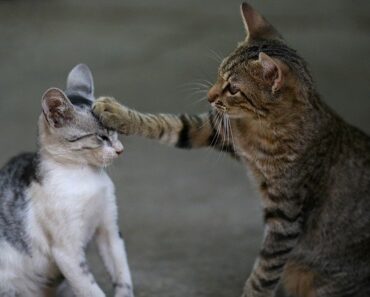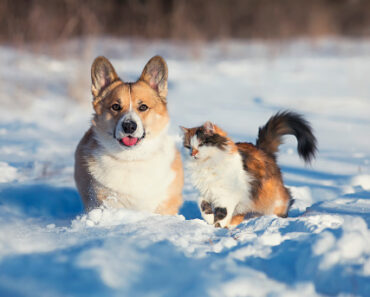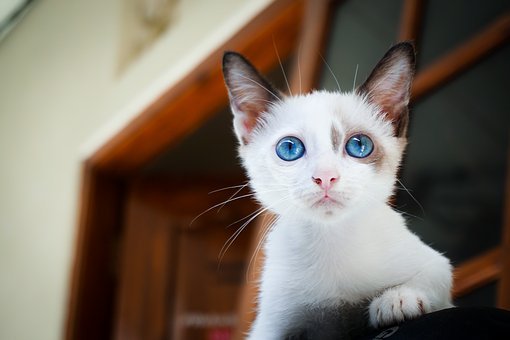
Cats don’t like to eat plants, especially if they smell strong. However, kittens and cats who are bored in an unstimulating environment may nibble on toxic houseplants.
Why are cats attracted to plants in the house?
On the surface, your home represents a safe cocoon for your pet. But beware, houseplants can represent a more or less serious domestic danger depending on the quantity ingested. In particular, be careful with kittens that are a little crazy. To play, they like to chew the leaves of plants. Cats that lack stimulation will try to deceive their boredom: they approach the plants, turn around, smell, chew. They grab a leaf, pull on a stem or a flower. Fortunately, cats tend to chew on leaves and then vomit them up quite quickly, which saves them most of the time.
Indoor plants toxic for your cat
The ficus: Gravity ++
Lily of the valley: Gravity +
The dieffenbachia: Gravity +
The philodendron: Gravity +
Cycas: Gravity ++
The lily: Gravity ++
The spathiphyllum: Gravity ++
To find out the different symptoms related to the consumption of one of these plants, visit the Western Animal and Environmental Poison Centre website.
When should you be concerned?
Several disorders can occur as a result of contact with certain plants. Indeed, a simple contact is enough to cause major disorders, it is not necessary for the cat to swallow pieces of plants. The symptoms are almost always the same: salivation, trembling, red eyes, dermatitis, skin burns, allergies, digestive disorders (vomiting, diarrhea), kidney, cardiovascular, nervous, edema (swelling) of the tongue and glottis that hinders swallowing and breathing…
What to do in case of plant ingestion?
If your pet vomits but shows no other symptoms, watch him/her. Vomiting allows the expulsion of toxins. In case of other worrying signs, consult your veterinarian. If he advises you to do so, make the animal vomit with salt water. Watch your plants for bite marks. If you find small pieces in your cat’s regurgitation, take them to the veterinarian.
In all cases, contrary to a common belief, do not give milk.
In case of eye irritations, wash them with warm water and wait for a prescription from the veterinarian.
Who to contact?
Outside of business hours and days, you will find the telephone number of the veterinarian on call on the answering machine of your usual practitioner.
What about catnip, is it good for him?
To keep your cat away from houseplants, make catnip available to him. These small pots of grass are available at florists or pet stores, but you can also grow it yourself. It has digestive properties and will help your cat regurgitate the hair it swallowed while grooming. Caution! Do not confuse catnip with catnip or nepeta or “catnip” which contains an aromatic substance (nepetalactone) that literally makes cats euphoric. They love to roll in it and rub their cheeks on it.

